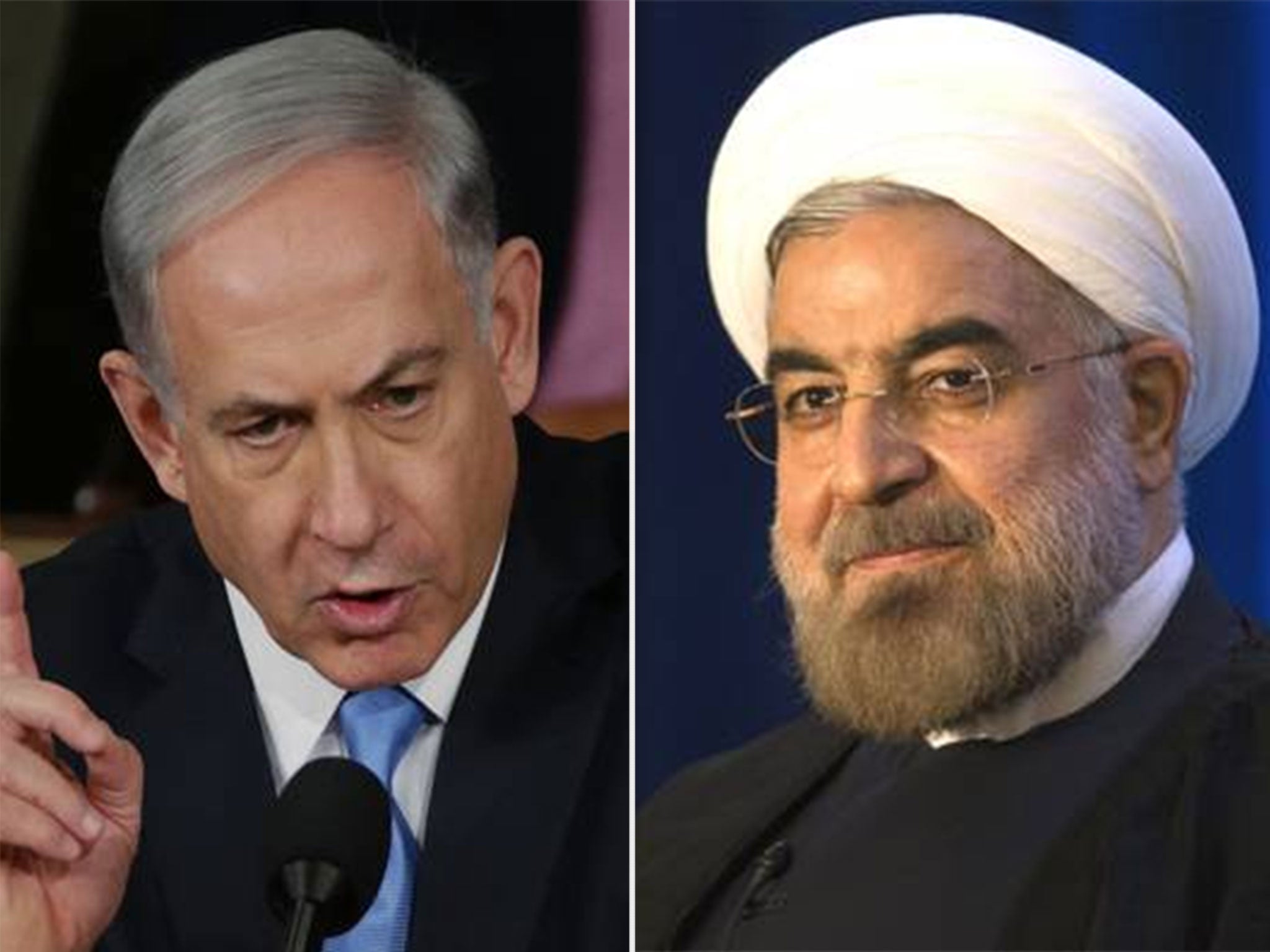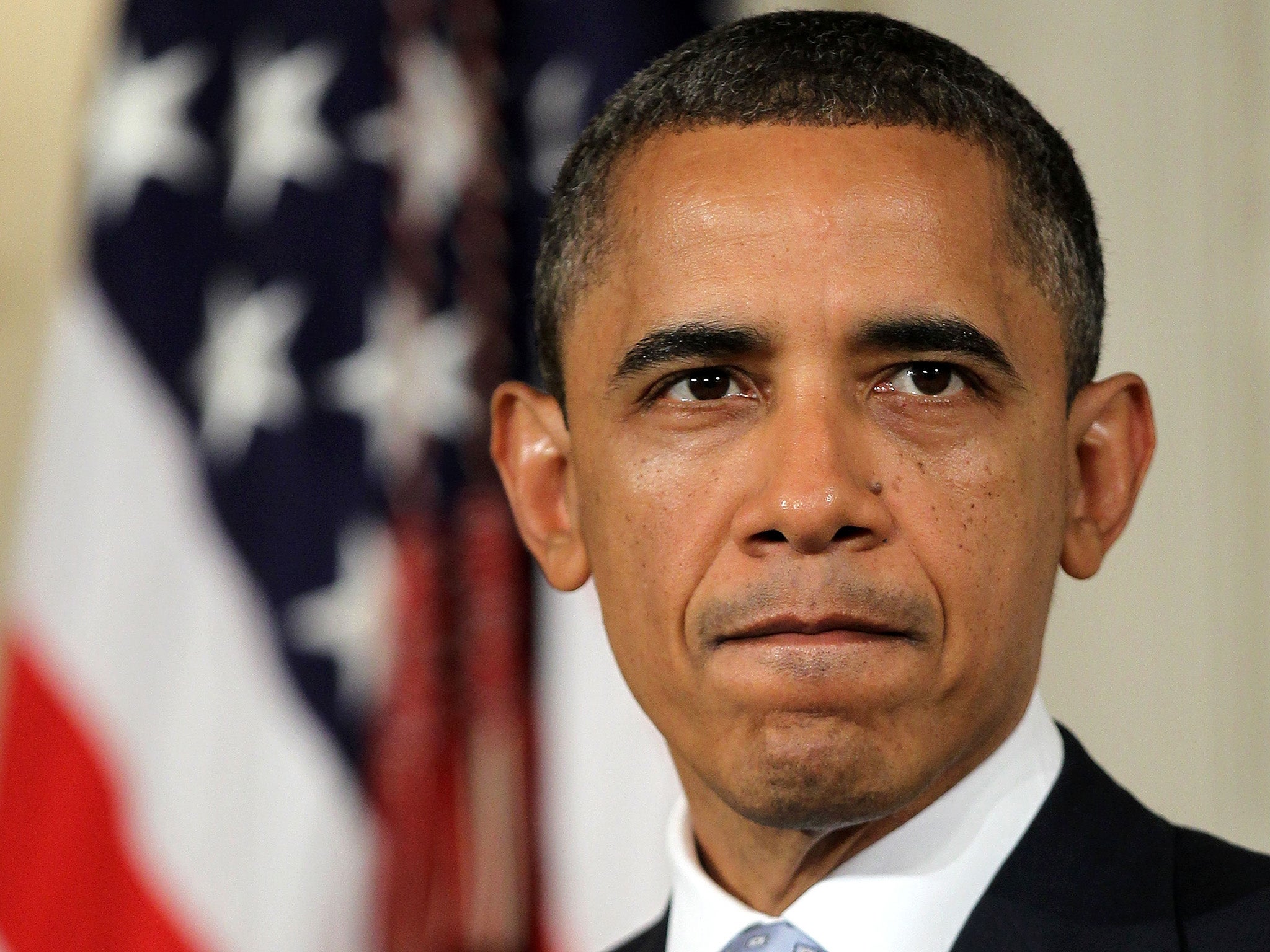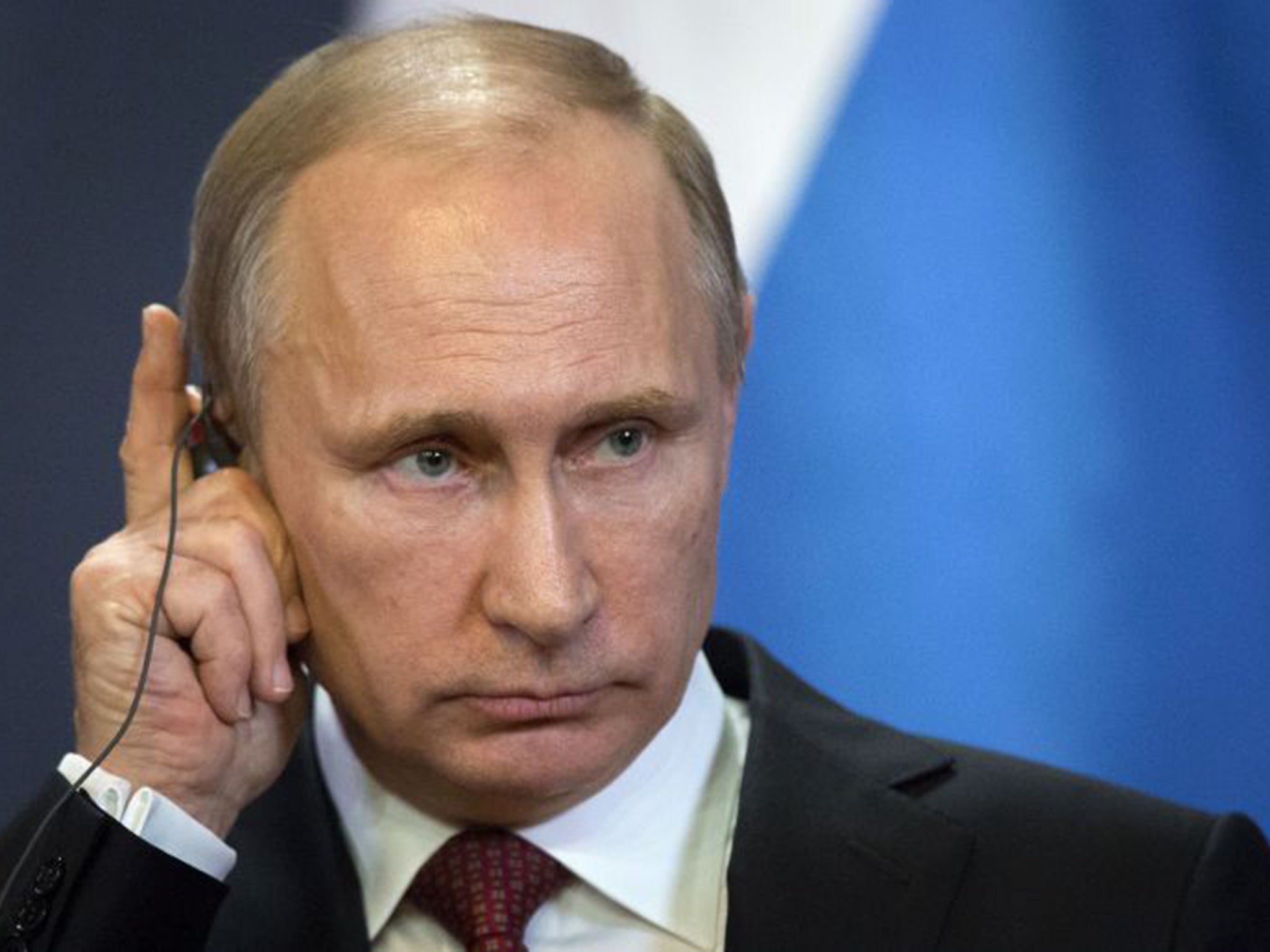Benjamin Netanyahu speech to Congress: What is the Iran nuclear deal that the Israeli Prime Minister is so opposed to?
Netanyahu said deal would leave 'a Middle East littered with nuclear bombs'

Your support helps us to tell the story
From reproductive rights to climate change to Big Tech, The Independent is on the ground when the story is developing. Whether it's investigating the financials of Elon Musk's pro-Trump PAC or producing our latest documentary, 'The A Word', which shines a light on the American women fighting for reproductive rights, we know how important it is to parse out the facts from the messaging.
At such a critical moment in US history, we need reporters on the ground. Your donation allows us to keep sending journalists to speak to both sides of the story.
The Independent is trusted by Americans across the entire political spectrum. And unlike many other quality news outlets, we choose not to lock Americans out of our reporting and analysis with paywalls. We believe quality journalism should be available to everyone, paid for by those who can afford it.
Your support makes all the difference.Benjamin Netanyahu, the Isreali Prime Minister, yesterday warned Congress that the US and its allies were pursuing an arms enforcement deal so weak with Iran that it would all but ensure that it acquires nuclear weapons, catapulting the world into a "nuclear nightmare".
The exact details of the proposed deal remain a tightly guarded secret, but we are able to answer several questions about what we know so far.
Q. What would a new nuclear deal involve?
A. Benjamin Netanyahu’s aim is to stop what appears to be a softening of the US stance on a nuclear Iran, which Israel views as an existential threat. Even as he was addressing Congress yesterday, US officials were in talks with Iran over proposals that could allow Tehran to keep 6,000 enrichment centrifuges and send stockpiles of partially enriched uranium to a third country (probably Russia) for safekeeping, in return for rigorous inspection of its nuclear facilities. Iran says it needs nuclear power to reduce its dependence on oil. America wants to make it impossible for Iran to “break out” from a civilian nuclear programme and build a nuclear bomb within less than a year.

Q. What is the main stumbling block?
A. A key obstacle is that the US and most of the five other powers involved (Britain, France, Germany, Russia and China) want any deal to last at least 10 years, with sanctions eased in stages. Iran wants a shorter-term agreement in return for rapid sanctions relief.
Q. What is Russia’s role?
A. Moscow supplies fuel for Iran’s sole power reactor – built by Russian engineers at Bushehr, southern Iran, and completed in 2012 – and is offering to supply Iran’s plants with low-grade nuclear fuel, which is difficult to convert to weapons-grade material. In November, Iran and Russia agreed to build eight more plants; a second is already under way at Bushehr.

Q. When does the clock stop ticking for a deal?
A. All sides are racing to agree broad terms with Iran by the end of this month, before a final July deadline for a detailed agreement. Congressional researchers say Iran’s economy is 20 per cent smaller now than it would have been without sanctions, and one in five Iranians is unemployed.
The Doomsday scenario
If the talks fail, the US would press for more sanctions, further isolating Iran. Meanwhile Israel has threatened a pre-emptive military strike on Iran’s nuclear facilities. Both possibilities would remain if Iran agreed a deal and then reneged on its terms. So, counter to Mr Netanyahu’s argument, a deal appears the best option, not least because a military strike by Israel would make Iran more determined to build a bomb – and potentially to use it against Israel.
Subscribe to Independent Premium to bookmark this article
Want to bookmark your favourite articles and stories to read or reference later? Start your Independent Premium subscription today.
Join our commenting forum
Join thought-provoking conversations, follow other Independent readers and see their replies
Comments